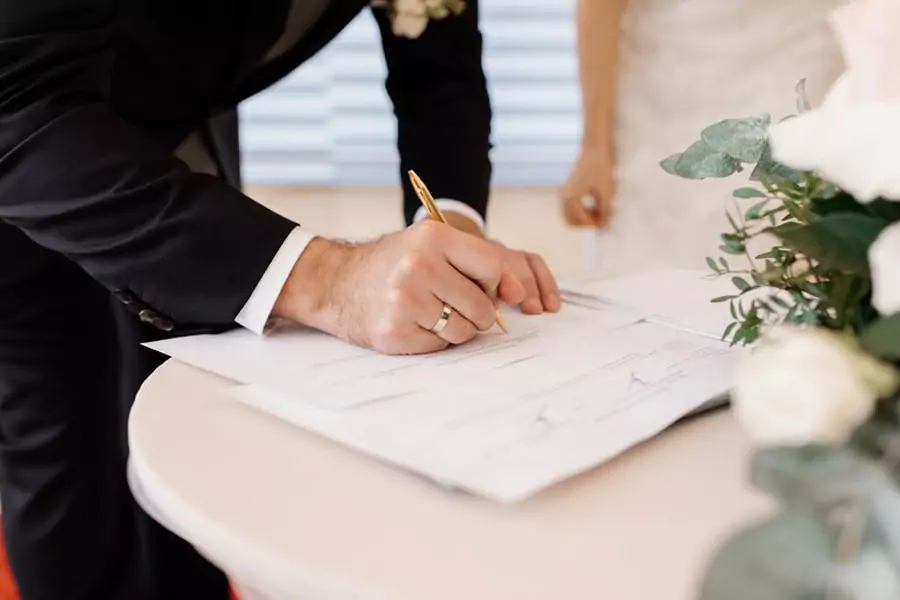

Most foreign men, particularly from the West, United States, and Europe, are very interested in Japan. Apart from its culture, history, and lifestyle, there are also some men who establish personal relationships with Japanese women and anticipate long-term relationships. If they intend to marry, it is necessary to familiarize oneself with the process of getting married in Japan.
This informative post provides information on the process of getting married in Japan, particularly for foreign men who intend to marry a Japanese girl.
Yes. A union of a foreigner and a Japanese citizen is legalized by law in Japan. The nation has a straightforward system of registering marriages, and if the appropriate measures are taken, the marriage is recognized by Japanese law. There are no religious laws, and a ceremony is not necessary for legal validation. The legal process does involve some documents and measures that have to be appropriately performed.

In Japan, marriage is conducted at the municipal office where they reside. The municipal office is also known by the name city hall, ward office, or town hall, depending on where you reside. Both of them must bring documents here. The marriage cannot be deemed legal unless the municipal authorities approve this registration.
To legally marry in Japan, you must satisfy the following requirements:
If you are a foreign man who would want to get married to a Japanese woman in Japan, prepare yourself for the following:
This article reports that you have the right to marry according to your home country's laws. If you are an American, you usually receive this from the United States Consulate or Embassy in Japan. Foreign nationals are encouraged to inquire with their own embassies.
Your passport tells others who you are and where you are from.
If you reside in Japan, you will need to present your residence card.
Certain city offices will ask for your birth certificate and Japanese translation.
All non-Japanese-written documents must be translated. A simple self-translation would suffice under normal circumstances, but it's always advisable to inquire at the corresponding city office.

Your Japanese counterpart will be requested to provide:
The report reveals family and legal data, such as marital status.
Just like a driver's license or a national ID.
Used for signing official documents in Japan.
To register your marriage, follow these simple steps:
Complete the Konin Todoke (Marriage Registration Form
All the documents from both the foreign citizen and Japanese nationals should be produced simultaneously.
Witnesses must be 20 years or older and provide their names and personal seals (hanko).
Both of them should accompany each other when they submit the form to the city office.
Upon acceptance, the marriage is recorded. You will receive a Certificate of Acceptance of Marriage (Konin Todoke Juri Shomeisho), which you can also use on other formal occasions.
Once you register your marriage in Japan, you may have to inform or register the marriage in your native country, depending on its law.
If you wish to reside in Japan after marrying a Japanese citizen, you can apply for a Spouse Visa. The Immigration Services Agency of Japan grants this visa, and you will be asked to present additional documents, such as proof of marriage, proof of income, and, in certain instances, an interview. Make sure you prepare adequately.
Note: Transpacific Marriage Agency (TMA) does not assist with immigration procedures or legal petitions. Each individual is responsible for handling these matters independently. Success is entirely in the hands of the individuals.
For foreign males who are interested in marrying a Japanese girl, they need to know the legal procedure in Japan. You can get married legally in Japan but need to do it in the proper format so that it will be acceptable in both countries. Make sure you obtain the correct documents, go through the correct process at the local office, and seek assistance from your embassy if necessary.
TMA is an online platform where you can begin making contact and connection with Japanese girls. From there, it is the responsibility of each person to pursue their goals with care, respect, and attention to legal requirements. For further information regarding registration or visa matters, always go to your embassy or local government office in person.